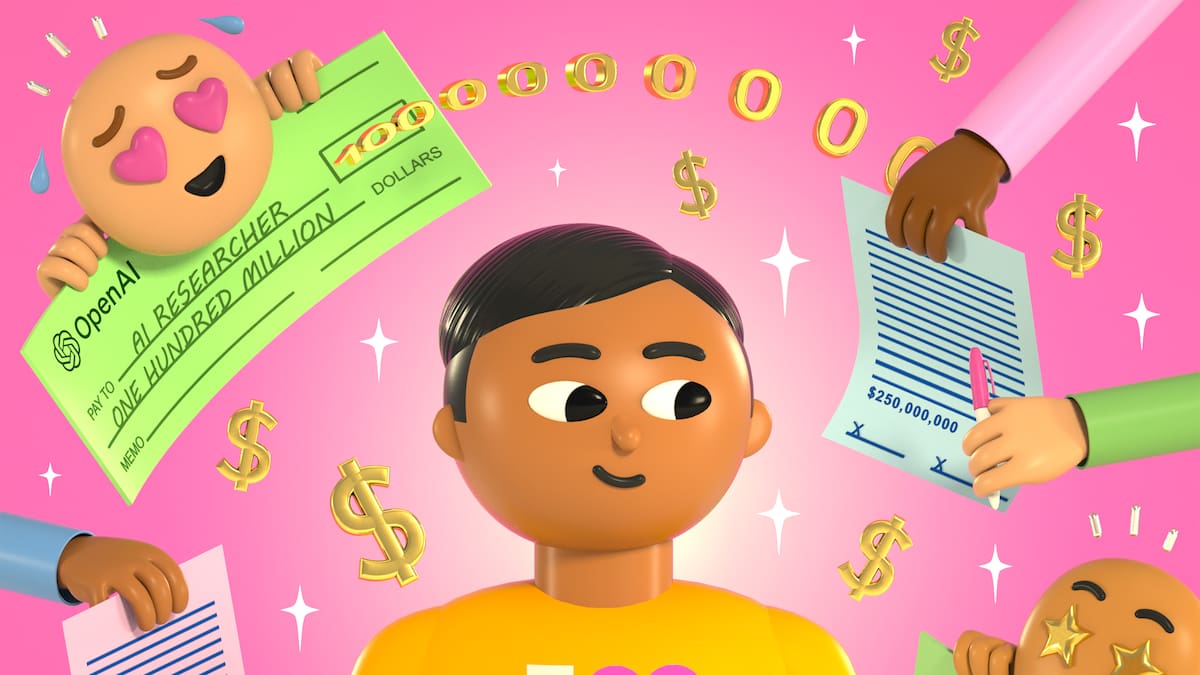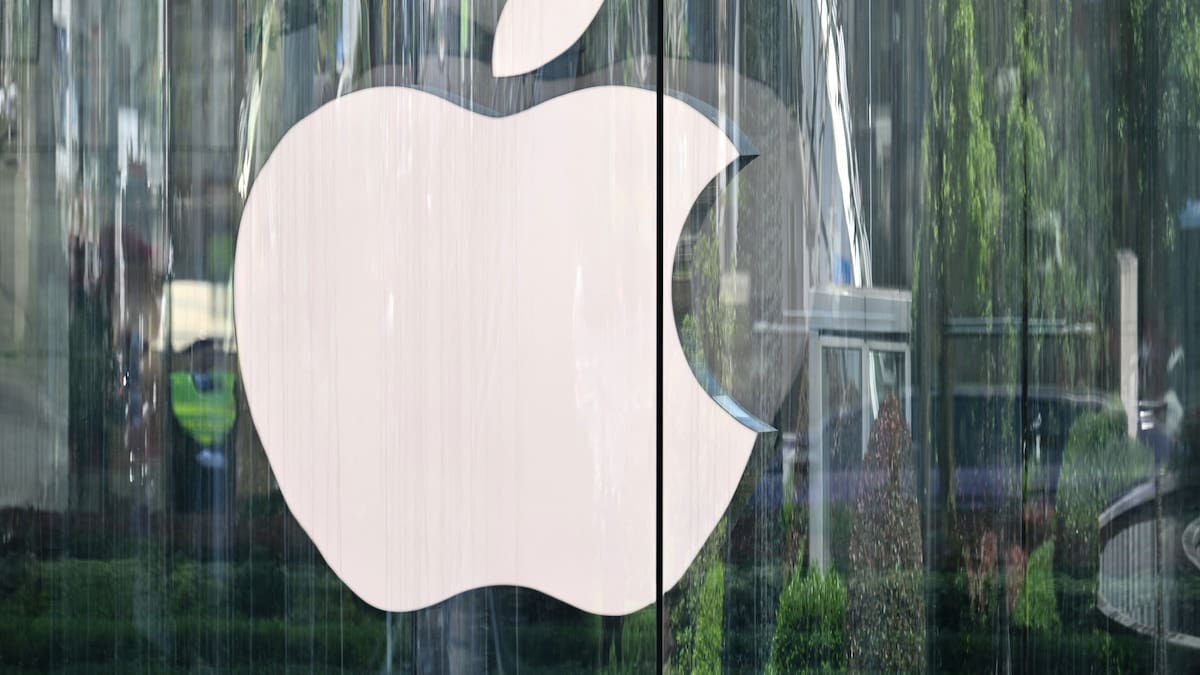“I want to talk to people,” said Sellers, who runs a content agency for entrepreneurs out of Birmingham, Alabama.
“I don’t want to talk to a bunch of note-takers,” he said – before adding that he has occasionally himself sent an AI note-taker to meetings in his place.
Experiences like Sellers’s are becoming more common as AI tools gain momentum in white-collar workplaces, offering time-saving shortcuts but also new workplace etiquette conundrums.
The pandemic Zoom boom forged new expectations around meetings that can feel onerous by the fifth – or even second – video call of the day.
Now workplace social protocols are being upended all over again by AI tools that promise to make it easier to tune out while in a meeting or offer the temptation of skipping calls without penalties altogether.
It’s not unusual for people to join video calls with their camera off and microphone muted, but such lurkers can at least be called upon to speak.
Major workplace tools such as Zoom, Microsoft Teams and Google Meet offer note-taking features that can record, transcribe and use AI to summarise meetings a person is invited to but doesn’t attend.
A profusion of smaller companies, such as otter.ai, offers apps that workers can use to send AI meeting agents to capture calls in a similar way.
OpenAI’s ChatGPT recently added a record mode that can function as a meeting note- taker. (The Washington Post has a content partnership with OpenAI.)
Participants can’t send their note-takers to present to a meeting on their behalf – yet.
Zoom chief executive Eric Yuan has said the company wants to allow users to create “digital twins”, or AI assistants, that can eventually attend meetings for people and take action in their place.
‘Nothing will be forgotten’
Sending an AI bot to experience things in your absence could be the next logical step after social media and smartphones created the expectation that anything that can be recorded, will be.
“We’re moving into a world where nothing will be forgotten,” Allie Miller, chief executive of Open Machine, which helps companies and executives deploy AI, said in a phone interview last week.
Always-on recording is changing human behaviour, she said, from university parties to corporate boardrooms.
She recalled recently chatting informally with a tech professional backstage at an AI event and being stunned when he revealed he had recorded the conversation.
“I felt completely violated,” Miller later recounted in a post on X. “Not because I said anything wrong, but because I didn’t choose to share it.”
Miller makes a habit of turning off her AI note-taker for the last five minutes of every meeting, because she believes their presence can stifle discussion.
At this point, participants’ shoulders drop, people get more open and “the real questions come out”, she said.
She advises people to remember that there’s no medium – on or offline – that means you’re safe from being recorded.
And if someone skipped a meeting and sent an AI note-taker instead, consider that the person may later read or hear anything you say in their absence.
A Washington Post reporter found herself in a video call short on humans when she logged on for a Zoom interview for this article and only an AI note-taker showed up.
Joshua Weaver, a lawyer who had posted on X about consent issues raised by AI note- takers, didn’t show for the 30-minute meeting booked via his online calendar – but his AI representative provided by AI start-up Fathom did.
The reporter spoke to the silent bot, saying, “I waited for nine minutes, and now I’m going to go.”
Weaver, who’s also the director of innovation for the Texas state bar, didn’t see the transcript of the one-sided meeting but days later responded to the reporter’s email.
On a phone call, without AI note-takers present, Weaver said that the tools can “increase your exposure to potential civil or criminal liability” under state and federal wiretapping, data privacy, and security laws.
At a recent conference he organised for which attendees signed non-disclosure agreements, someone recorded using Ray-Ban Meta AI smart glasses anyway.
“If somebody really wants to record, there’s no way you’ll really know at this point,” Weaver said.
Most states require just one party to consent to recording a phone call or other conversation, meaning AI note-takers can be used without approval by other people present.
California, Florida, Pennsylvania and some other states require all parties to a conversation to agree to be recorded.
When note-takers are being used in a virtual meeting, participants generally will be actively informed by a notification within the meeting app or able to see note-takers listed among the attendees.
Meeting hosts typically can enable or disable certain features or kick out note-takers when they show up as separate participants, but other attendees may not be able to control when note-takers are used.
And some note-takers listen in to the audio on a person’s computer without joining calls, making them invisible to other people in a meeting.
‘There’s a loss of meaning’
Liz Henderson, a business strategy adviser in the United Kingdom, worries that AI note-takers have become so common that workers rarely pay attention to the apps or their risks to privacy.
She was recently on a Microsoft Teams call that she hadn’t noticed was being recorded.
Two days later, the transcript was briefly displayed at an all-hands company meeting to demonstrate how AI can transcribe and summarise meetings.
Henderson was shocked to see her name and words displayed to hundreds of her colleagues.
“I was like: ‘Oh my god, what have I done? What have I said in that meeting that’s now being shown to everybody?’” she said in an interview.
She later contacted the recording’s owner, who agreed to make the transcript private.
Henderson is still concerned about how companies will handle AI note-takers’ recordings and especially whether those in Europe will comply with the European Union data protection law.
It gives people a degree of control over their personal data, including the right to ask for it to be deleted.
Neal Shah, chief executive of elder care company CareYaya, loves AI note-takers and uses them frequently but said he is concerned that he’s accumulating a mountain of transcripts hard to glean insights from.
“When there’s an overwhelming abundance of information, there’s a loss of meaning,” Shah said.
Others wonder if an abundance of note- takers in a meeting indicates a lack of effort by those sending a bot in their stead.
Kip Glazer, principal of Mountain View High School in Silicon Valley, said that suspicion reminds her of teachers complaining that too many students used AI to cheat on their latest homework.
Sometimes this is feedback that the assignment may need revamping to be more engaging, she said.
Meeting organisers faced with a wall of note-takers, Glazer said, might ask themselves: Does this require a meeting, or is this an email or a memo?
When Glazer wants robust human participation, she tells attendees: “We’re going to make a very important decision – I need everyone’s voice to be there”.






